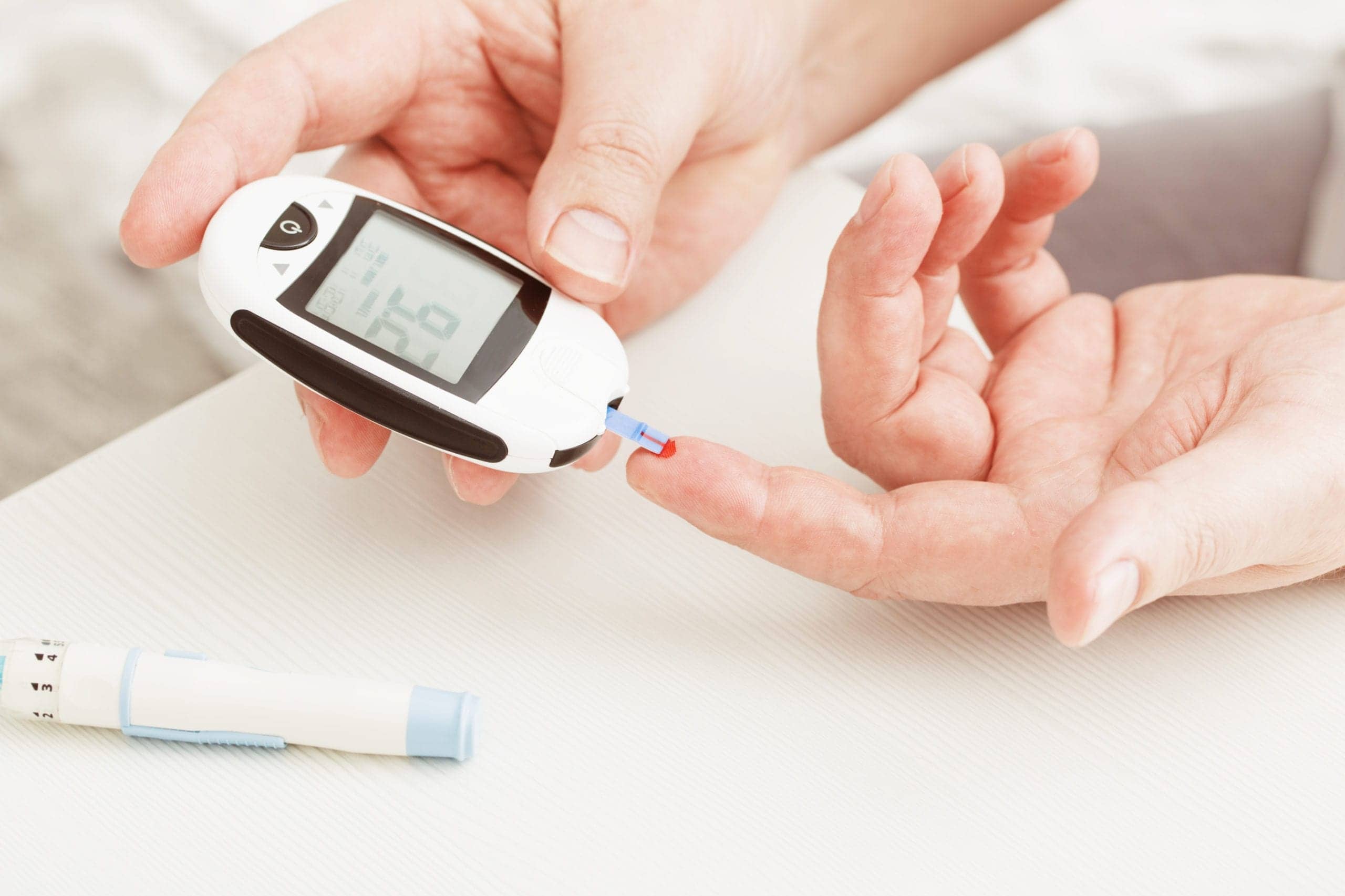Key Strategies for Better Health
 |
| photo: clpmag.com |
1. Prioritize Balanced Meals and Protein Intake
One of the most critical aspects of managing Type 2 diabetes is maintaining balanced blood sugar levels through diet. Protein plays a key role in stabilizing blood sugar and ensuring satiety after meals. By incorporating high-quality animal protein with each meal—whether breakfast, lunch, or dinner—people with Type 2 diabetes can prevent spikes and crashes in blood sugar. A well-rounded meal should include lean meats, fish, eggs, or plant-based protein sources.
Many individuals with Type 2 diabetes experience dizziness and low energy when blood sugar levels drop. To combat this, it’s essential to eat regularly and avoid long gaps between meals. Snacks rich in protein can also help maintain balance. Collagen protein, found in smoothies, can be an easy way to boost protein intake, though some people may need to explore additional sources like whey protein.
2. Improve Sleep Quality and Consistency
Quality sleep is essential for everyone, but for those managing Type 2 diabetes, it plays an even more crucial role. Sleep deprivation and inconsistent bedtimes can disrupt blood sugar regulation and increase insulin resistance. Aiming for a consistent bedtime, around 10:30 PM, allows the body to rest and recover, ensuring better control over cortisol levels—another hormone that can spike blood sugar when disrupted.
Individuals with diabetes often experience fragmented sleep, waking up multiple times a night due to blood sugar imbalances or the need to urinate. By establishing a regular sleep schedule, most people can reduce nighttime disturbances and improve overall sleep quality.
3. Optimize Light Exposure
Light exposure plays a significant role in the regulation of both cortisol and melatonin—two hormones that affect blood sugar levels and sleep patterns. While natural sunlight during the day is beneficial, too much blue light exposure from LED screens and artificial lighting in the evening can raise cortisol levels, which in turn leads to higher blood sugar.
It’s recommended that individuals with Type 2 diabetes aim for at least one to two hours of direct sunlight each day, especially in the morning or early afternoon. This helps regulate circadian rhythms, supporting better sleep and reducing the risk of nighttime blood sugar spikes. Avoiding artificial blue light in the evening by using light-filtering bulbs or limiting screen time can improve sleep and hormonal balance.
4. Consider Supplements Thoughtfully
Supplements can play an important role in managing diabetes, especially when used under medical supervision. For example, enzyme supplements are sometimes used to support digestion and metabolism. However, it’s essential to consult with a healthcare provider to determine if supplements are necessary based on individualized stool or blood tests.
The goal of supplementation is to address specific deficiencies or support metabolic functions, but long-term reliance on supplements may not always be necessary. A personalized approach, driven by ongoing testing and evaluation, will help determine which supplements are beneficial.
5. Monitor Blood Sugar and Overall Health
Regular testing, whether through blood work or stool tests, is vital for understanding the body’s current state and how well diabetes management strategies are working. Monitoring helps individuals understand how food, exercise, and other lifestyle changes are impacting their blood sugar levels.
Scheduled tests provide essential data for adjusting treatment plans. Working closely with a healthcare provider ensures that both the short-term and long-term strategies are effective.
Conclusion
Managing Type 2 diabetes requires a multifaceted approach that extends beyond simply watching blood sugar levels. By focusing on diet, especially adequate protein intake, improving sleep quality, optimizing light exposure, and thoughtfully considering supplementation, individuals can take control of their health. Small, consistent changes can make a big difference, and regular monitoring will help adjust the plan as needed to ensure long-term success.
Maintaining a balanced and proactive approach to managing Type 2 diabetes can empower individuals to live healthier, more energetic lives.
Source: Interview with Dr. Chris Bosler
No comments:
Post a Comment